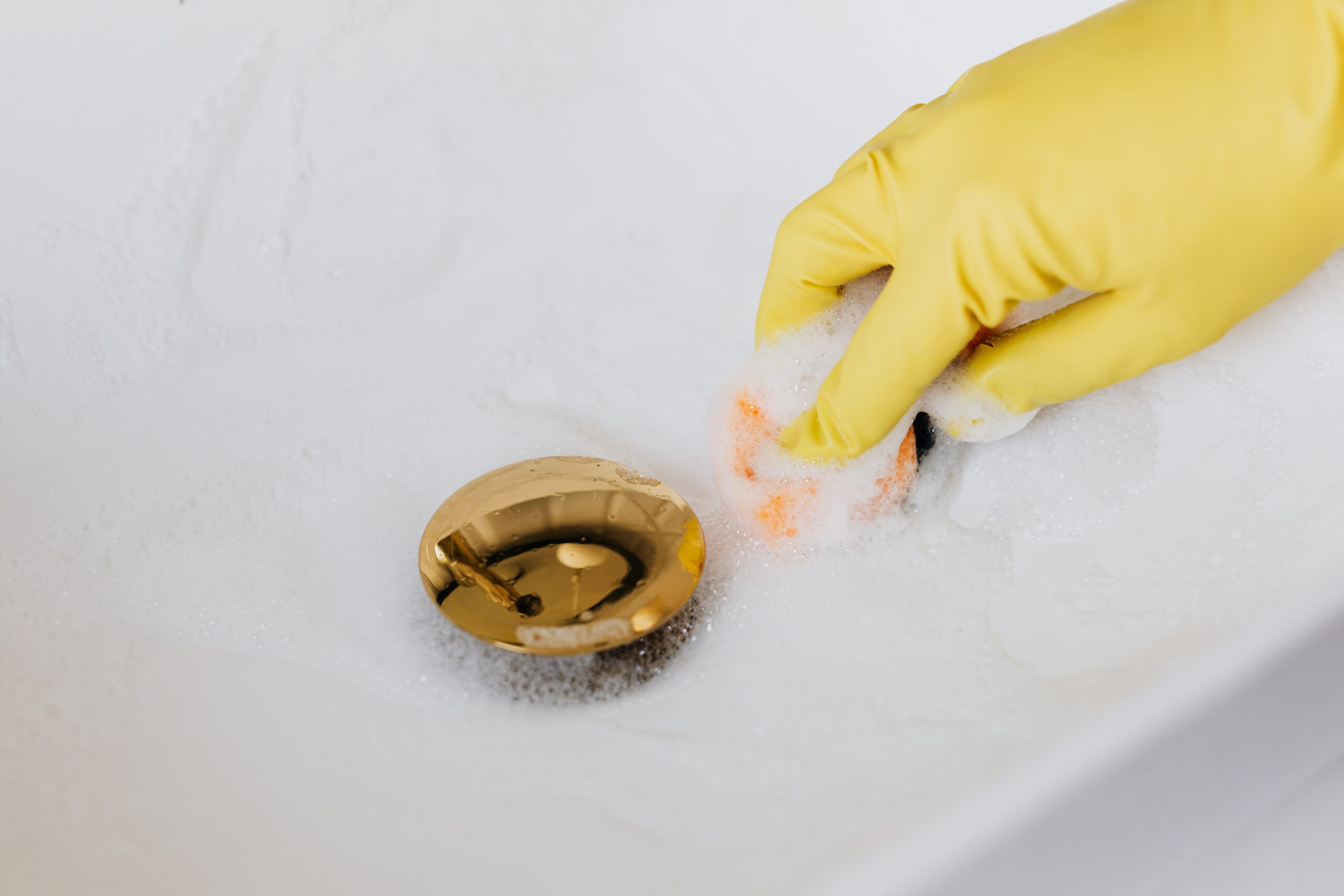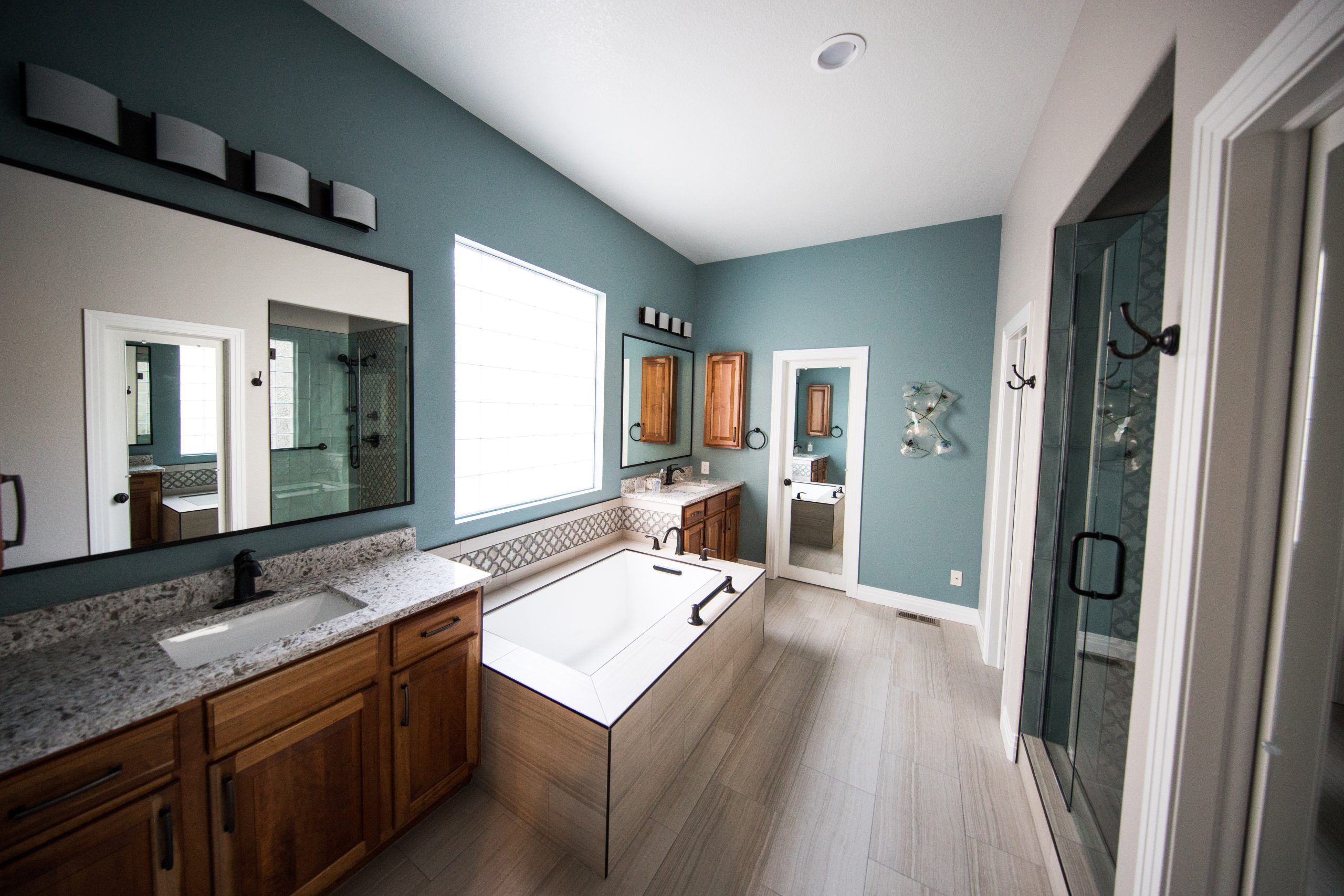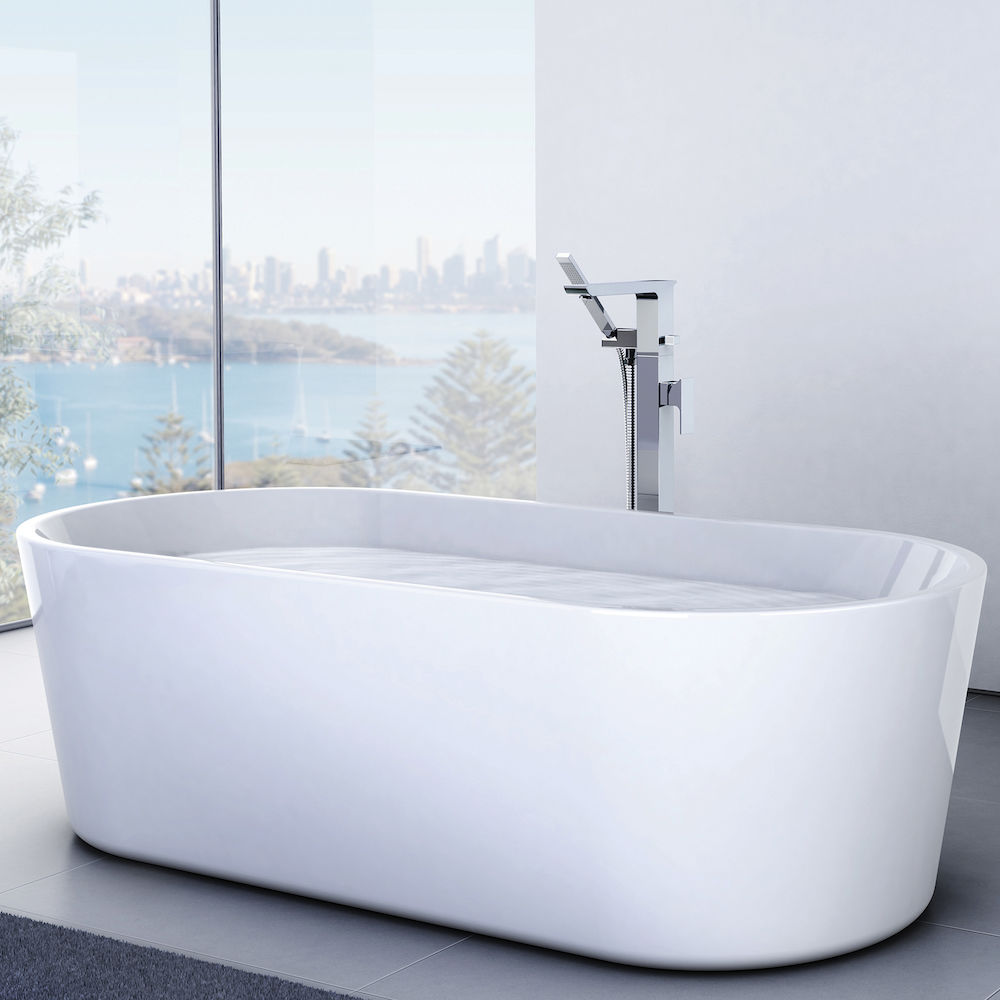Table of Contents
Clean drinking water is a luxury that should be enjoyed by everyone, but is often overlooked. We sometimes take for granted how lucky we are to be supplied with readily available clean water.
However, there are still chemicals such as; chlorine and fluoride in our tap water that we drink. These chemicals can leave an uneasy smell and taste that won’t harm you, but can be yuck!
Using a water filter can help this. Water filters for the home separate bacteria and chemicals to make the odour and taste of your water pristine, clear and spring-like! If you are drinking distasteful water, find out here how you can start filtering today.
What is Water Filtering?
Water filtering is the process of removing impurities from your drinking water. It is like a sieve that separates the things in your water that gives it that unmistakable tap smell and taste, transforming it into crystal-clear liquid air.
Usually, the nasty elements in your water are absorbed with a material, like a carbon filter, that traps things such as giardia, chlorine, and cryptosporidium.
Water filters can come in a few different forms, each which will serve a different purpose. They include:
- Water filter jugs
- Reverse-osmosis filters
- Inbuilt tap water filter systems
- Fridge water filters
- Bottles with integrated water filters
What is the Difference Between Purification and Filtration?
Water filtration is typically the process used to refine drinking water, while purification is the process that makes it safe to use. Purification is when fluoride and chlorine are added to the water to eliminate waterborne viruses and bacteria that will make you very sick.
The amount of chemicals put into the water are enough to kill the viruses, but aren’t too much to be unsafe to drink. This process classically won’t be done in your home, so you don’t have to worry too much about it.
Think of it like this, The Water Corporation is responsible for purifying the water going into your taps, and you are responsible for filtering the water coming out of them. It is a symbiotic relationship.
Do You Need a Water Filter in Australia?
The short answer, probably not. We are lucky enough to live in a country where in most places we have access to clean drinking water straight out of the tap. In most places, the smell and taste of the tap water is rather pleasant, so the purpose of a water filter is a bit redundant. The fluoride that is put in our drinking water actually keeps our teeth healthy!
However, this can change from city to suburb to block to street to house to room. Each plumbing network and individual pipe have different ages and impurities. So the long answer to if you need to filter water in Australia is, maybe. If you think your water tastes and smells funny, or if you’re more comfortable with a water filter just because, then you should get a water filter!
The Difference Between Water Filters and How They Work
Water Filter Jug
A water filter jug is usually only used for drinking water and is stored in the fridge. It is simple and small. They typically have a section you pour your tap water into, then it filters into pristine drinking water.
They don’t filter out cysts like giardia and cryptosporidium, so don’t rely on them for that. They also don’t hold very much, so you have to keep refilling them.
But if you want a small compact place to store filtered drinking water in the fridge, they are a great option!
Reverse-Osmosis Water Filter
Osmosis is where water travels through a semipermeable membrane to a solution with higher concentration. So reverse-osmosis is where water with a higher concentration (tap water) rushes across a membrane to less concentrated water (filtered water), leaving the sediment behind.
This water filtering method absolutely removes all the sediment from your drinking water, making pure or distilled water.
This may not be for everyone, as the minerals in water can actually provide you with health benefits. Fluoride is important for strengthening the enamel surface over your teeth for example.
Tap Water Filter Systems
Water filter systems are one of the highest economy and ease-of-use ways to filter water. They are usually an out of sight cartridge system attached to a tap that makes sure you always have filtered water in stock. Unlike reverse-osmosis systems, they still leave some of the beneficial minerals in your water.
The cartridges run out about once every year. However, they are available to purchase online and super easy to replace, taking only about five minutes!
Fridge Water Filters
Inbuilt fridge systems are just like tap systems, but as the name suggests, are built into your fridge. If your plumbing is already installed in your home but you want filtered water and are needing a new fridge, fridge water filters are definitely something you should consider.
Fridge water filter cartridges are also easily available online and easy to replace. Just take a look to see which one you need.
Bottle Water Filters
Bottle water filters include a filter on the mouthpiece that filters water as you drink. This mode of water filter is great for when you’re out of home and do not have access to reliable tasty water.
The filters on these bottles do run out, so if you buy one, it is probably a good idea to get a new one every year or so. They’re great for the environment because you get clean drinking water without buying single-use plastic bottles!
How Much Does a Water Filter Cost?
A water filter cost will vary depending on what you are buying. A single filter cartridge is going to be far less than a full reverse-osmosis system with mixer tap sets. The price could be anywhere between $50-$700+. You can browse a selection of water filters online here.
The Best Place to Get Water Filters
When it comes to water filters, or anything plumbing related, The Plumbing Store offers very competitive prices on a very easy-to-use platform. Water filter cartridges, water filter housing and accessories are in abundance on our website. Our customer service team is completely local, so whatever your needs are, contact us today so we can work out a solution with you.





